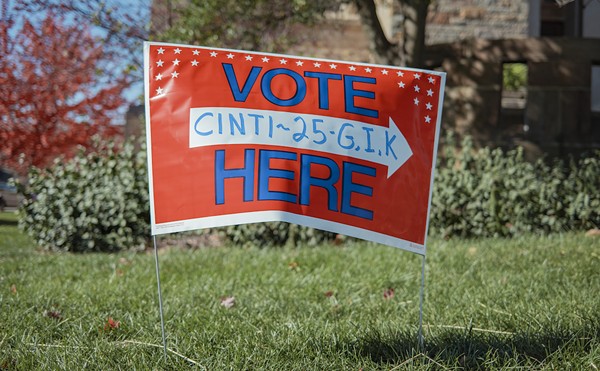|
Yugoslavia began to come apart after Slovenia, Croatia and Bosnia-Herzegovina seceded. The Serbs, who had dominated Yugoslavia, attacked each former state in turn.
Immediately after Bosnia-Herzegovina declared independence in 1992, the Serbs in the region declared their own state, the Republika Srpksa. The Yugoslav People's Army began efforts to take control of Bosnia-Herzegovina, and the army of Republika Srpksa began ethnic cleansing, with mass killings, systematic rape and the destruction of mosques and Muslim homes.
In July 1995, Serbs killed an estimated 8,000 Muslim men and boys in Srebrenica, the largest massacre in Europe since World War II.
By the end of the war, more than 1 million Bosnians had become refugees and 278,000 were dead or missing.
About 150 Bosnian families moved to Northern Kentucky and Cincinnati in the mid-1990s. Today about two dozen former refugees meet to discuss Islam, tell jokes and rekindle their sense of the Bosnian culture they left behind.
Alma Maric was the first Bosnian refugee to come to Cincinnati. She left Sarajevo with her two young daughters in 1994 after a sniper killed her husband.
With the help of the Jewish Family Services, which connected her with Muslims in the area, Maric was able to start her life over. She was here to greet the other refugees.
"We needed each other emotionally and psychologically," Maric says. "We shared the troubles of refugee life."
Bosnians are very hard working people, Maric says.
"I can say proudly that I don't know anyone on welfare," she says.
With busy work schedules and children to look after, the Bosnian community hasn't had time to try to rekindle their culture for their children.
"We are trying to keep our identity but struggling to survive in an American culture," Maric says.
Aisa Softic says she prays that Islam finds its way back into the hearts of her fellow Bosnians. Practicing Islam wasn't easy in Yugoslavia, which was a socialist country.
"So many (Bosnians) are only Muslim by name," she says.
Softic says many Bosnians in Cincinnati are trying to teach each other more about Islam, and the biweekly meetings are the most they can do right now. The meetings also give the Bosnians a chance to get away from the life of a foreigner and be in a place where everyone speaks Bosnian and has gone through tough times.
"My concern is that the kids are assimilating very quickly," Maric says.
But the problem isn't just their residence in a new country. Bosnian culture began fading after World War II and everyone became Westernized, Maric says.
"I don't know what is authentic Bosnian," she says. "In one way, it's a religious lifestyle. But in another, it's very Western."
Some of the refugees in Cincinnati have had psychological problems after having escaped from concentration camps, being raped and finding family members in recently excavated graves.
The biweekly meetings have helped the community start unifying under Islam, Softic says.





